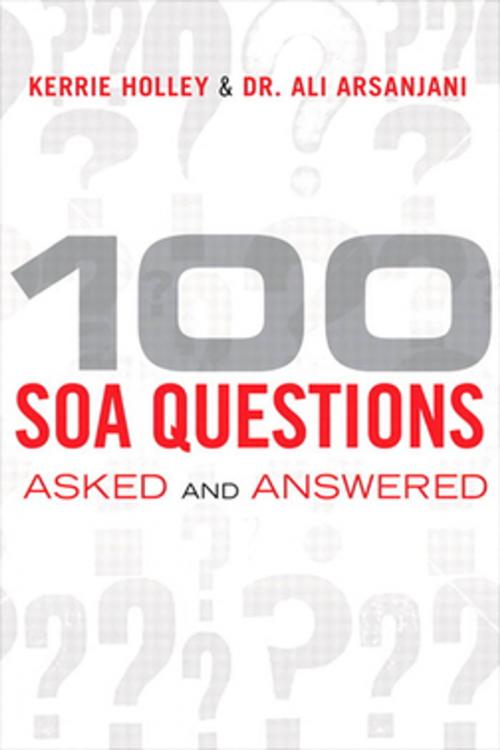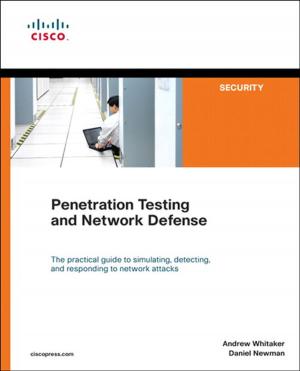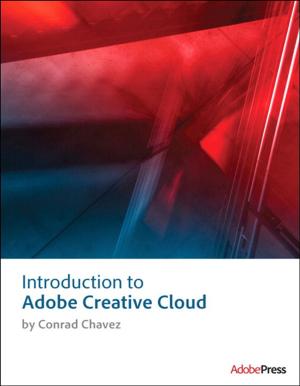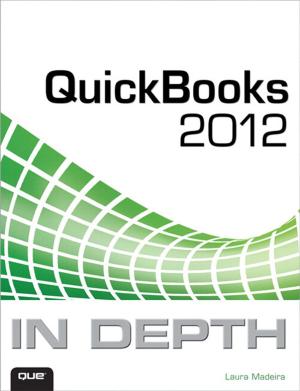| Author: | Kerrie Holley, Ali Arsanjani | ISBN: | 9780132119788 |
| Publisher: | Pearson Education | Publication: | November 12, 2010 |
| Imprint: | Prentice Hall | Language: | English |
| Author: | Kerrie Holley, Ali Arsanjani |
| ISBN: | 9780132119788 |
| Publisher: | Pearson Education |
| Publication: | November 12, 2010 |
| Imprint: | Prentice Hall |
| Language: | English |
100 SOA Questions brings together authoritative answers to the most crucial questions business, technical, and architectural decision-makers ask about SOA. It draws on the immense experience of two SOA experts who’ve participated in more than 100 SOA projects in the roles of architect, designer, consultant, technical manager, and strategist.
Organized to reflect the Open Group’s Open Services Integration Maturity Model (OSIMM), this book provides fast, convenient access to information about all facets of SOA planning, implementation, management, and utilization.
This book will be an invaluable resource for all executives, architects, and practitioners who have just started their SOA journey or are well underway.
In-depth answers to questions about SOA topics such as
• SOA Concepts and Planning
• Business Strategy
• Organization and Support
• Governance
• Methods and Techniques
• Applications
• Architecture
• Information Management
• Infrastructure
• The Future of SOA
100 SOA Questions answers the most critical questions executives and practitioners have about SOA. Kerrie Holley and Dr. Ali Arsanjani draw on their unsurpassed experience from hundreds of SOA projects conducted worldwide.
• Why should business stakeholders care about SOA?
• What is the return on investment (ROI) of SOA adoption?
• What is flexibility and how does SOA deliver on this promise?
• Should service development be centralized in service centers?
• How should services be identified or specified to maximize reuse?
• How do SOA methods reduce the lifetime costs for applications?
• How can organizational barriers to SOA success be removed?
• What changes with application development when SOA is introduced?
• How does architecture change as a result of SOA adoption?
• What is a canonical message model?
• How does the SOA infrastructure support events?
• What are context-aware services?
100 SOA Questions brings together authoritative answers to the most crucial questions business, technical, and architectural decision-makers ask about SOA. It draws on the immense experience of two SOA experts who’ve participated in more than 100 SOA projects in the roles of architect, designer, consultant, technical manager, and strategist.
Organized to reflect the Open Group’s Open Services Integration Maturity Model (OSIMM), this book provides fast, convenient access to information about all facets of SOA planning, implementation, management, and utilization.
This book will be an invaluable resource for all executives, architects, and practitioners who have just started their SOA journey or are well underway.
In-depth answers to questions about SOA topics such as
• SOA Concepts and Planning
• Business Strategy
• Organization and Support
• Governance
• Methods and Techniques
• Applications
• Architecture
• Information Management
• Infrastructure
• The Future of SOA
100 SOA Questions answers the most critical questions executives and practitioners have about SOA. Kerrie Holley and Dr. Ali Arsanjani draw on their unsurpassed experience from hundreds of SOA projects conducted worldwide.
• Why should business stakeholders care about SOA?
• What is the return on investment (ROI) of SOA adoption?
• What is flexibility and how does SOA deliver on this promise?
• Should service development be centralized in service centers?
• How should services be identified or specified to maximize reuse?
• How do SOA methods reduce the lifetime costs for applications?
• How can organizational barriers to SOA success be removed?
• What changes with application development when SOA is introduced?
• How does architecture change as a result of SOA adoption?
• What is a canonical message model?
• How does the SOA infrastructure support events?
• What are context-aware services?















